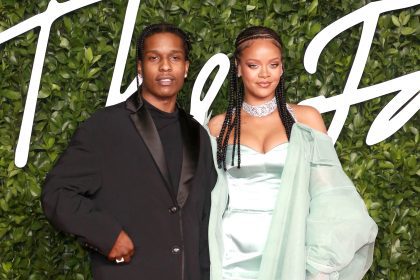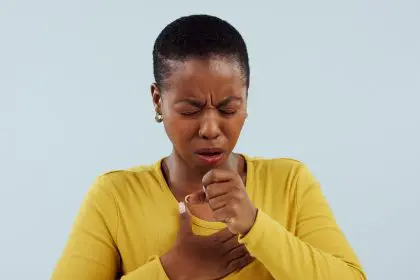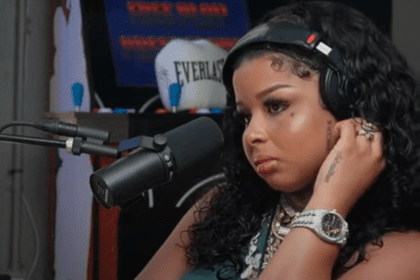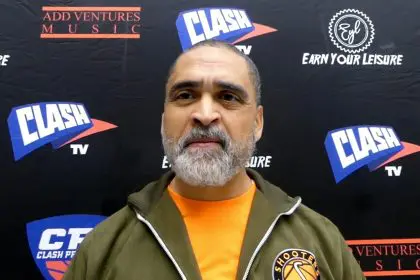 With her stand-out album, Higher Ground, DC soultress Wayna shows that being independent doesn’t mean that you have to sacrifice quality. Led by her engaging songwriting, as evidenced on the heart-wrenching ballad, “My Love” which touches on domestic violence, Wayna’s talents haven’t gone unrecognized. Nominated for a Grammy, a major feat for an indie artist, Wayna is only just beginning. –j.h.
With her stand-out album, Higher Ground, DC soultress Wayna shows that being independent doesn’t mean that you have to sacrifice quality. Led by her engaging songwriting, as evidenced on the heart-wrenching ballad, “My Love” which touches on domestic violence, Wayna’s talents haven’t gone unrecognized. Nominated for a Grammy, a major feat for an indie artist, Wayna is only just beginning. –j.h.
How does it feel to be nominated for a Grammy?
It’s huge! It’s amazing. It’s the ultimate gratification for a year of a lot of hard work and sweat. I think especially as an independent artist it’s a sweet reward because we’ve been doing a lot of this on our own and to get this kind of recognition from the industry it’s really validating and gratifying.
Can you talk about how you even got the Grammy’s attention as an independent?
I joined the Grammy’s last year, and just networked with other Grammy members in the DC branch. I actually went to the show last year and just kind of got a vision for where I wanted to be that was of my going. I just came back renewed like I was going to do everything that I could to get at that level. When the process started I submitted my project and I was blessed enough to be recognized. The process itself was simple, but the spiritual process before was probably the hard part- just even believing that kind of thing could even happen to an indie artist.
Can you talk about how you think the industry has opened up for indie artists in recent years?
I think the first thing is that really consumers are really hungry for an alternative to what the main industry is offering them, to what’s on the radio and the ever shrinking list of artists that are available to them. So the first thing is that there is a demand for something different and more diverse. It starts from there. Then, I think the way in which the actual recording process has gotten easier and more affordable it’s very easy for an independent artist to make a quality project at the same level as a major would with a modest budget. And the third piece and most critical piece is the Internet which allows people to communicate and get access so much faster. So, you know, because of i-tunes, we don’t need major distribution, we already have it.
In your song “My Love” you touch on domestic violence. Why’d you want to address that?
I came across this article in Essence Magazine two years ago and it was called ‘the secret shame of Prince George’s County’ and they were talking about the suburb of DC that I live in. The article talked about how this is the wealthiest black county in the country but it also has the highest rate of domestic abuse cases in Maryland. It was startling to imagine that there were all of these women who by all other accounts were living the American dream but in reality hiding this really painful secret from everyone. The stories were really touching to me. There was this woman who said that she had done everything right, she had gotten her education and gotten out of the ghetto, she was supposed to have escaped this kind of violence, but it was still in her life. It touched me and I wrote a song about it. The video, we chose that song because we felt like the story was so important and we wanted to be a voice for these women who felt like they were trapped. And to be a reminder to the loved one’s of women who are in abusive relationships, that they are really the first line of defense for these women. To remind them of who they really are and their worth and they don’t have to accept that. It’s not a typical domestic violence awareness song in that the appeal is really to the loved ones of women who are abused to see the abuse and empower the women who have been led to believe that this is all that they’re worth.
Do you think you would’ve been able to pick this song as the lead single if you were signed to a major?
I’ve heard from a few people who are typical industry people that the song is a viable single even independent of the single. But you might be right, there have been some people who were like, ‘oh, you should do a club remix and we’ll get Akon on it’. I’m like, club remix? Like, no. This is not a club song. So I think there’s some part of it that’s a benefit from being on your own label.







